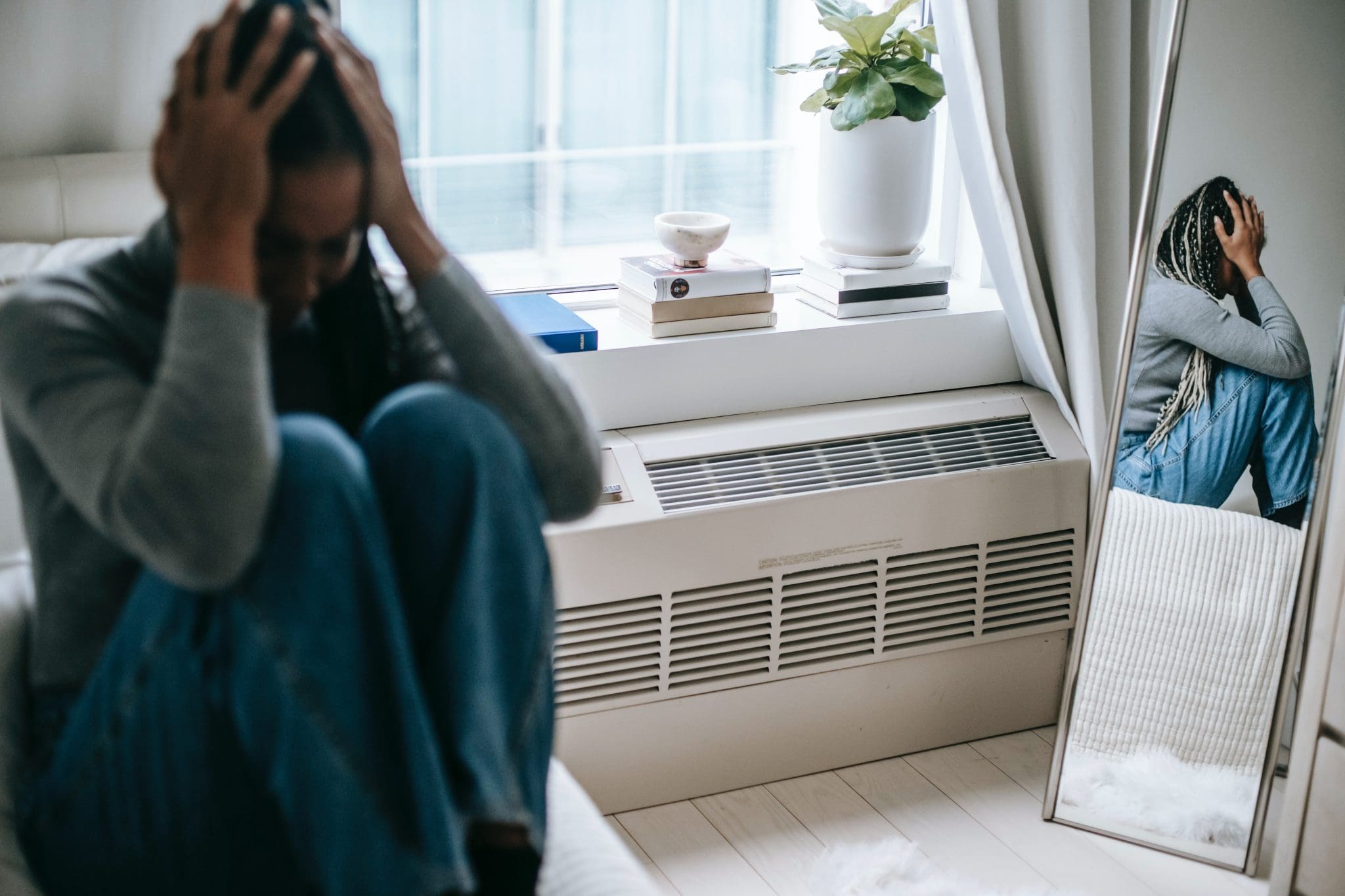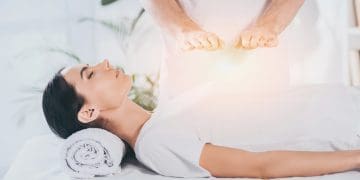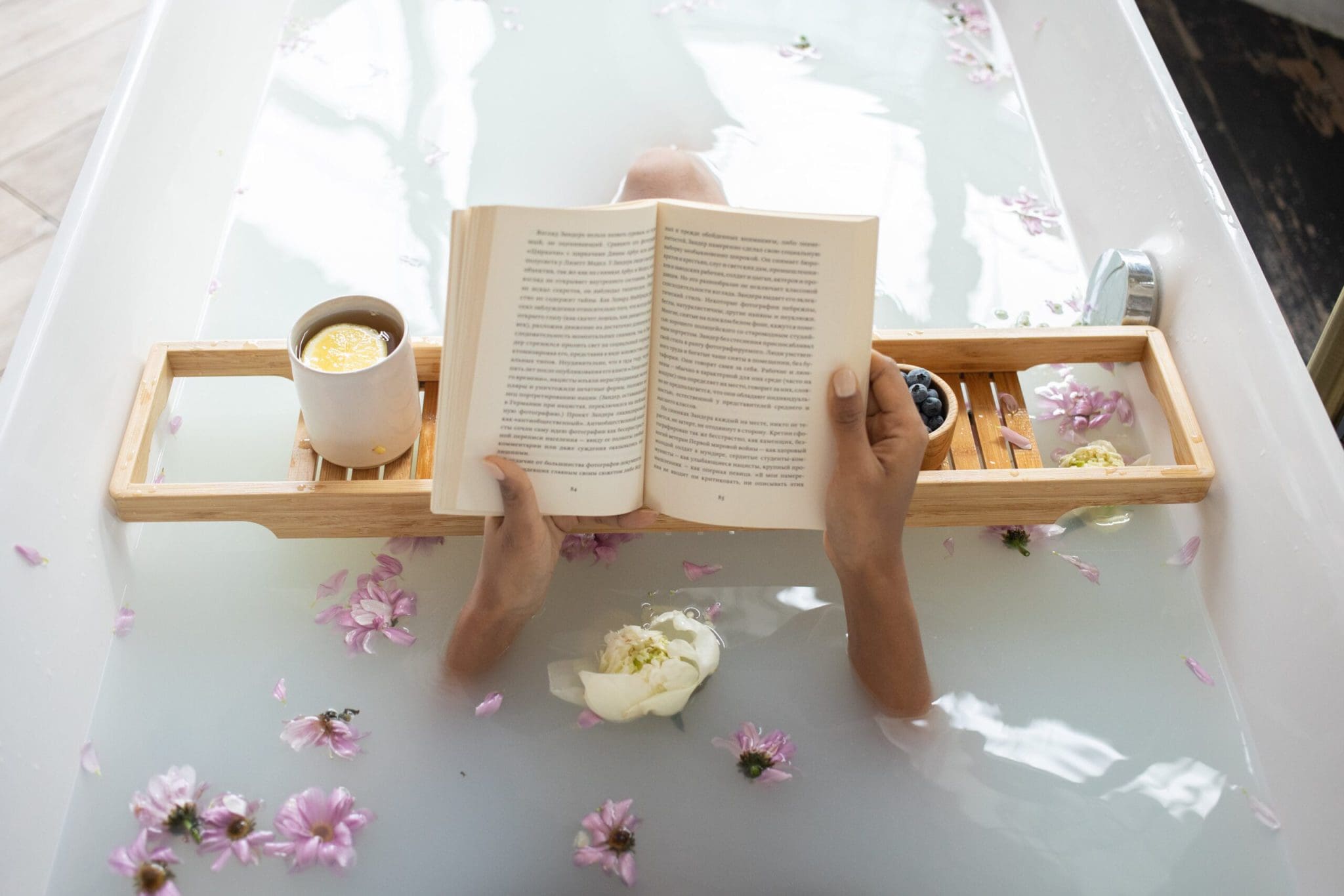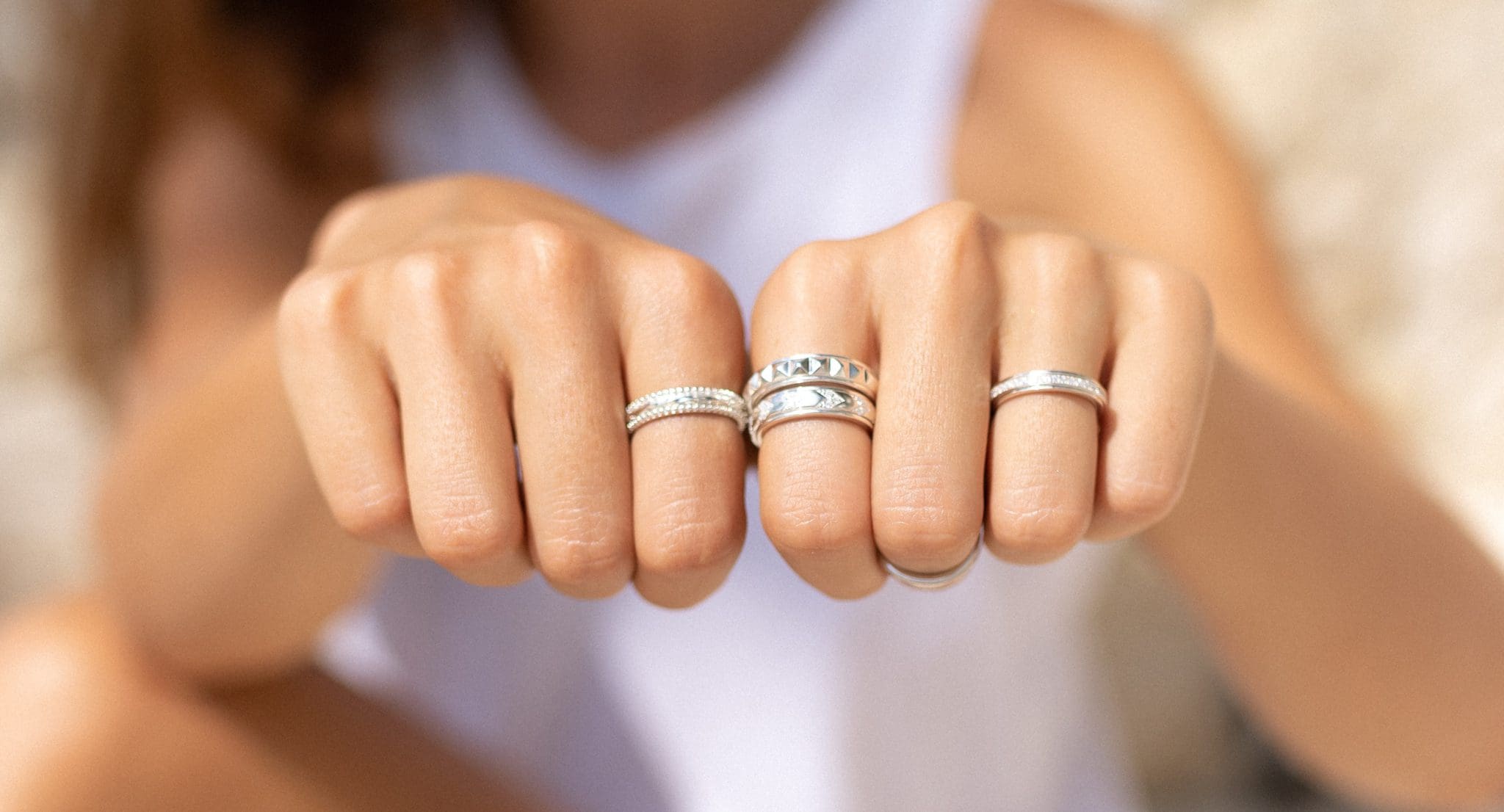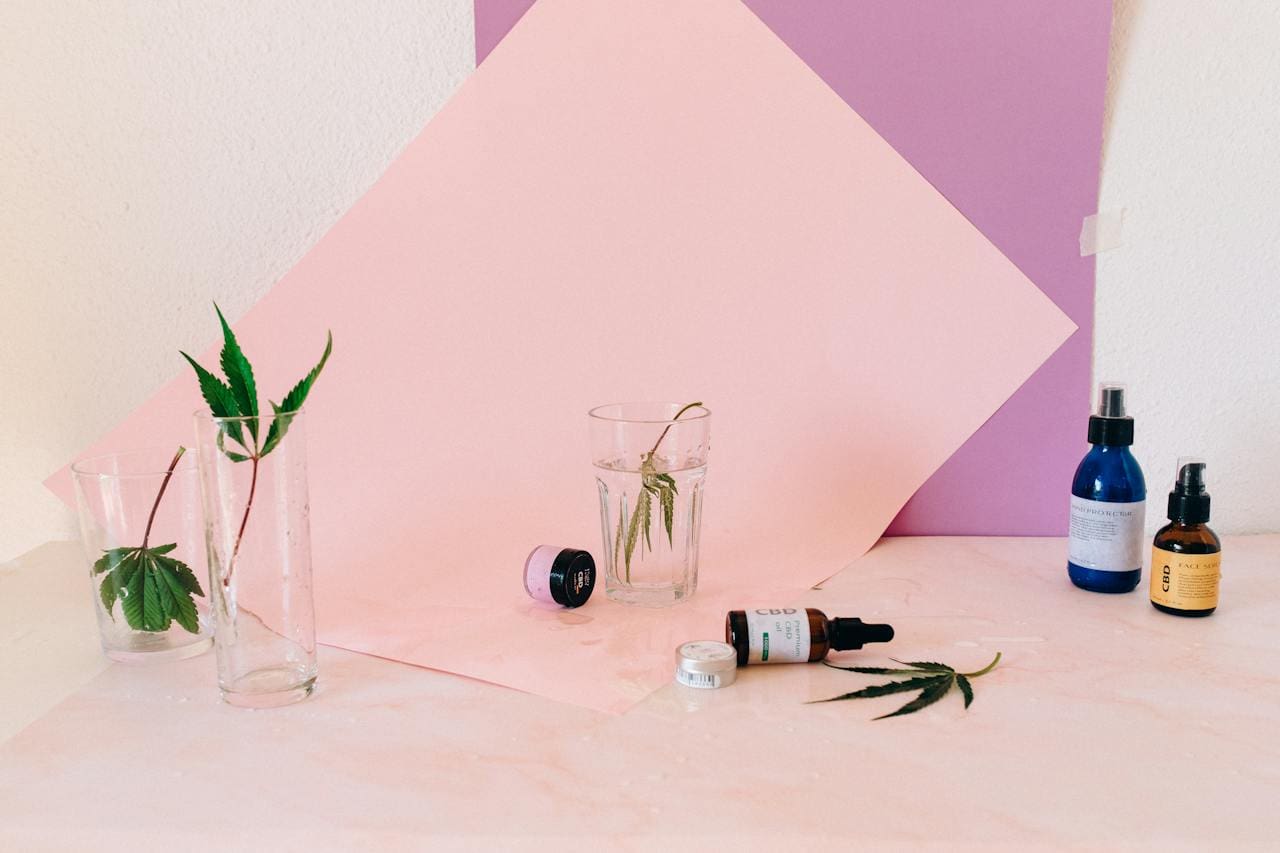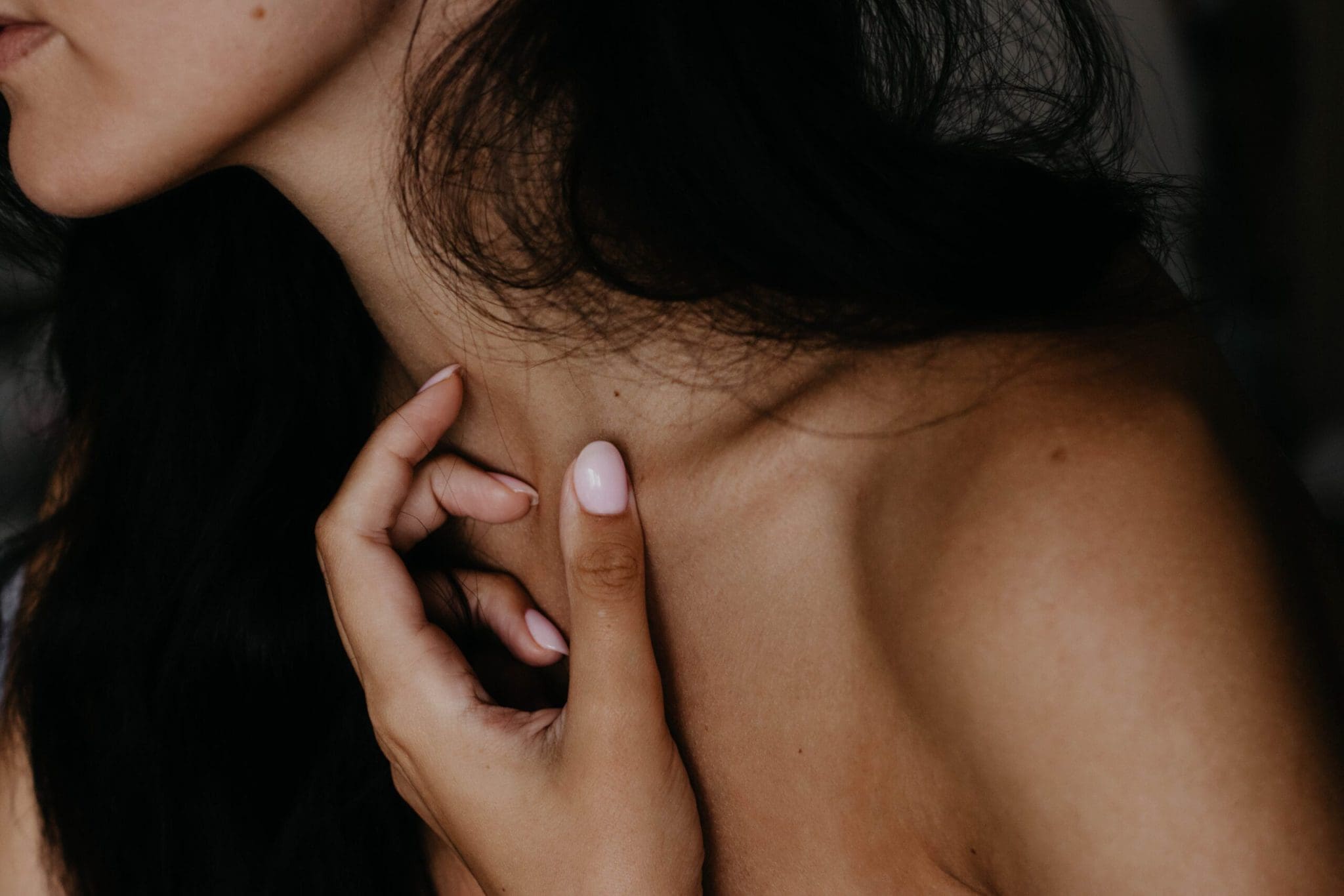Full Disclosure: Clicking on these links could mean a tiny commission for me, at no extra cost to you.
Sleep is an indispensable function that all animals, including us humans, are hardwired to do. In fact, throughout our lifetime, humans are likely to spend a third of their lives on average sleeping or trying to sleep. And, contrary to popular belief, sleep isn’t an activity where your brain shuts down throughout the night. During this peaceful state of slumber, our brains remain active and hard at work, bringing many benefits of sleep to light.
Psychological Benefits of Sleep

When we sleep, our brain consolidates memories, forms new connections, speeds up tissue regeneration, removes toxins, and produces many key hormones to be transported and assigned to various body parts. Sleep also has many underlying psychological benefits, playing a pivotal role in regulating our mood and cognitive function. Plus, it’s no secret that sleep has healing properties.
Unfortunately, an increasingly large number of people are struggling with sleep deprivation, leading to adverse effects such as daytime irritability and anxiety, a slowed mind, and general lethargy throughout the day.
Whether you want to convince yourself to sleep more or are simply curious about the psychological benefits of sleep, this article will give you some of the perks of a good night’s rest.
Let’s jump straight into it.
1. Sleep helps you regulate emotions better
Have you ever wondered why a good night’s rest calms us down? Do you also wonder why we tend to remember the more emotionally charged events that have happened throughout our lives? The truth is these two phenomena share a deeply-rooted connection—and they’re all facilitated by your brain during sleep.
When we sleep, our brain consolidates and encodes memories we deem important to us throughout the day. This happens in all stages of sleep—that is, REM, light, and deep sleep. That said, the cortical and subcortical areas of the brain work hardest during REM sleep in facilitating emotional information processing. The parts of the brain involved in this function include the amygdala, striatum and hippocampus.
On the other hand, when we lack sleep, our ability to process emotional information becomes impaired, causing failure in us to regulate emotions from the day before fully. This, in turn, makes people more likely to not fully process emotionally charged events of the day prior, increasing the chances of irrational behavior, negative mood states, and inability to remember the event in the long term.
Finding it hard to sleep? You may be dealing with sleep apnea. For more information about sleep apnea and the treatment options that are available you can visit this link.
2. Proper sleep reduces risk-taking behavior
While the brain is active during sleep, it still undergoes a healing process. This helps keep its various regions working at healthy and optimal levels during our waking periods. When we lack sleep, these parts of the brain can get impaired. A region of the brain most susceptible to this includes the prefrontal cortex—the anterior most portion of the frontal lobe responsible for impulse control and decision-making.
If a person is suffering from sleep deprivation, there will be a disruption in the production of neurotransmitters in the brain that regulates judgment. In other words, the prefrontal cortex won’t be fully rested for the activities of the next day, which in turn can lead to skewed judgments and an increased likelihood for people to take risks. This refers to both intentional and unintentional risk.
On the other hand, when you consistently sleep a solid seven hours a night, it dramatically reduces the chances of you engaging in or attaining negative outcomes due to risk-taking behavior. You’ll make more rational decisions and be more grounded when evaluating risks. This, in turn, can lead to a more positive and in-control mental state, increasing life satisfaction and promoting other psychological benefits.
3. Proper sleep reduces depressive symptoms
Let’s get the facts straight first: one or two consecutive nights of sleeplessness won’t directly cause you to spiral down a pit of depression. It’s when you’re constantly sleep-deprived that your brain morphs and takes a new anatomical shape, which subsequently alters your mental state.
While it may be hard to believe it’s true—a lack of adequate sleep can physically change your brain. These changes can alter one’s cognitive ability and mood, directly ruining one’s mental health. Think about it: if your lack of sleep is causing you to underperform at work, start your day irritated, fail to concentrate on your tasks, and falter at social interactions, it can take a toll on you and cause depression.
One way to restore this? Adopt a proper sleep schedule. Having one helps keep your emotions at healthy, balanced levels. Get too little sleep—and your mind won’t be able to regulate, reorganise and process these emotional experiences.
It’s also worth stating that having anxiety or depression can also lead to sleep problems. It’s common for people with these mental illnesses to sleep too little or too much because of their condition. In such cases, tackling the root issue with a medical professional is a recommended course of action.
4. Sleep helps you retain things you’ve learned
Sleep is the grand reset, strengthening the formation of memories you’ve acquired during the previous day. It can also help you in coming up with new, creative solutions. While you may be tempted to procrastinate and do an all-nighter to complete a task, sacrificing your sleep hours may not be as effective as you think.
Learning on little sleep can reduce your learning effectiveness by as much as 40%. This means that the majority of things you’ve read and “learned” during a sleepless period may simply end up being forgotten. You’re not retaining as much information as you otherwise would if you have a well-rested brain. You’re also less likely to utilize the information to your best abilities, particularly if you’re supposed to develop creative solutions.
As such, if you have a test or a big task you need to prepare for, be sure to get enough sleep the night before to get ready. This way, you can retain what you’ve learned more efficiently.
5. Good sleep reduces anxiety and stress
When you sleep, your mind and body rejuvenate and restore themselves. Our heart rate and nervous system slow down, enabling the restorative aspect of sleep to take place.
Conversely, when you lack sleep, healthy hormone growth gets disrupted. Instead of your body producing vital hormones like melatonin that help maintain a reasonable sleep-wake cycle, cortisol gets released instead, increasing feelings of anxiety during your waking hours.
Elevated levels of this stress hormone can cause the body to enter “fight-or-flight” mode, which can make it hard to relax and be in a good state of rest. This can lead to a plethora of unwanted consequences—such as irritability and insomnia.
On the other hand, proper sleep can regulate cortisol production and reduce our body’s stress responses. In turn, this helps keep one’s mind and body in a good and healthy state in both their waking and sleeping periods.
6. Sleep improves focus
Sleep plays a pivotal role in influencing your alertness and concentration abilities. When you sleep, your brain produces and connects millions of neurotransmitters, helping you achieve enough “brain power” to learn new things. As such, getting enough sleep also washes away inhibitory toxins like adenosine, which is known to accumulate during waking hours and lead to mental fatigue.
Therefore, if you want to have good cognitive function, then try to maintain a disciplined sleep schedule to get your brain working to the best of its abilities.
Best Sleep Aids
Looking to add some sleep aids into your bedtime routine? Here are some of our favourites:
- Best for Yoga → Yoga Download
- Best for Therapy →BetterHelp
- Best for Sleep Supplement → Sleep Breakthrough
- Best for Mindfulness → Mindfulness App
- Best for Weighted Blankets → Nuzzie
- Best for Breathwork → Inward Breathwork
- Best for Weighted Pillows → Quiet Mind
- Best for Supplements → 88Herbs
- Best Blue Light Filter Glasses → Spektrum and Sleep On
- Best Sleep Tracking Device → Muse and Sleep On Health
- Best White Noise Machine → Amazon and Yoga Sleep
- Best Anti-Snoring Devices → Z Quiet
- Best for Mattresses → Puffy and Yoga Sleep
It’s clear that sleep is not just a necessity for our bodies but also a lifeline for our minds. There are many profound psychological benefits of sleep that have the power to transform our lives. So, the next time you find yourself debating whether to stay up late or prioritize a good night’s sleep, remember the incredible mental rejuvenation it brings.



